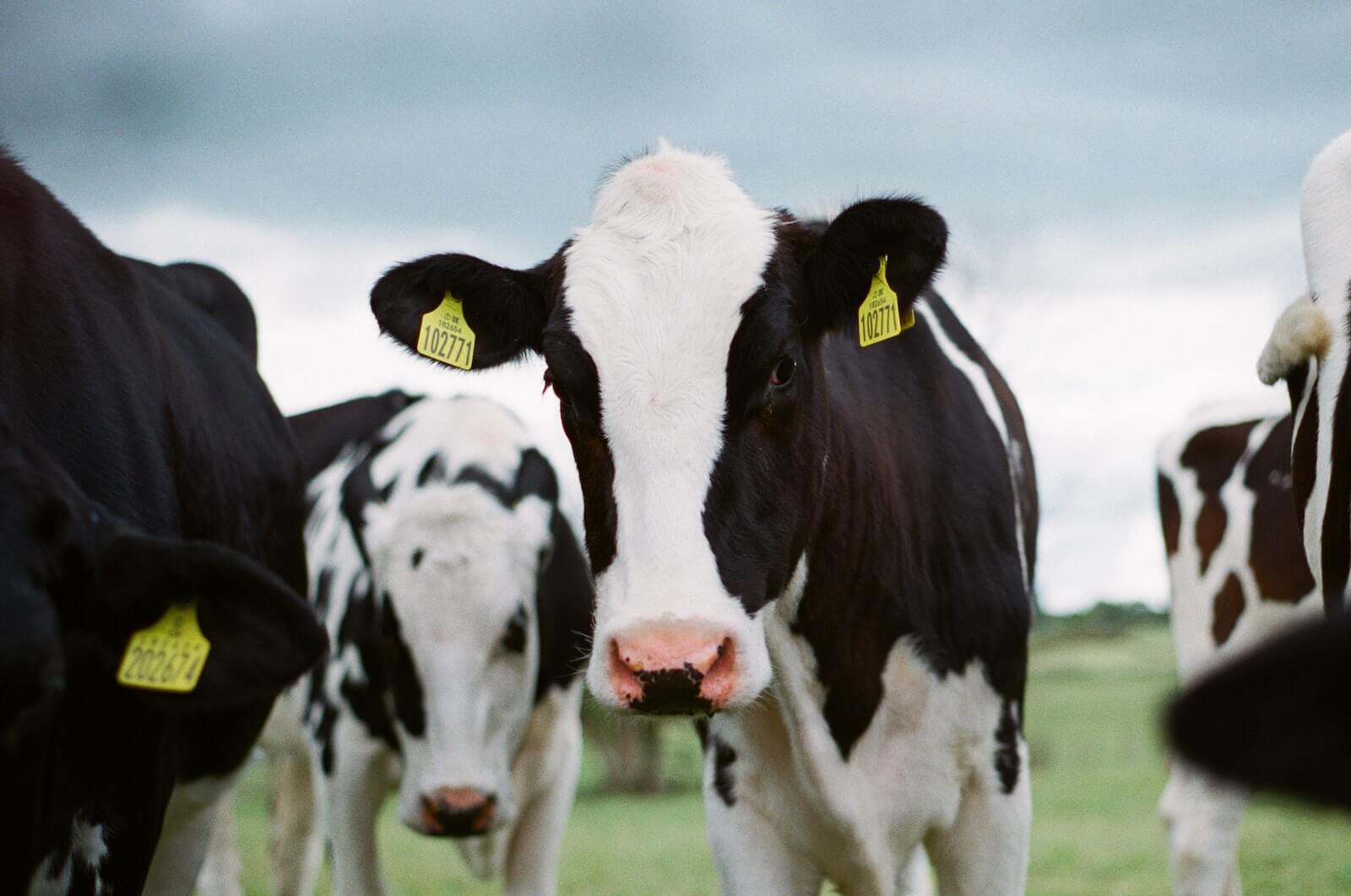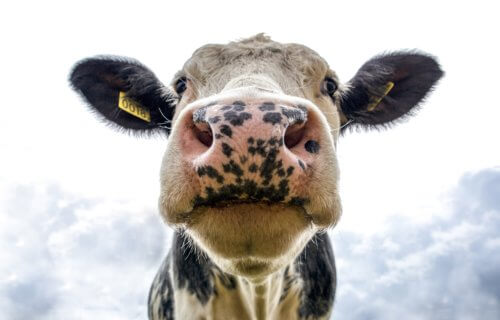PERTH, Australia — Flatulence may be the butt of countless jokes, but new research out of Australia finds that it may actually be a far more serious issue when it comes to climate change. Researchers found that breeding less flatulent cows and restoring agricultural land may significantly reduce rising methane emission levels, which are known to play a major role in global warming.
Humanity’s food system and infrastructure, which includes grazing animals such as cows, generates tons of methane each year. This is mostly due to a combination of cattle digestion, manure decomposition, and land use for grazing.
To find a solution, the research team from the Curtin University Sustainability Policy Institute analyzed 27 relevant academic publications. This led to the identification of dozens of potential strategies for the reduction of methane emissions from Australia’s beef and dairy sectors.
Publishing their work in the journal Climate, Study lead author Merideth Kelliher notes the fastest way to lower methane emissions would likely be converting farmland into wetlands and forests. Still, there remains a lot of possibilities for improvement through the alteration of operations within the dairy and beef sectors.
“For example, changing what breeding objectives include can permanently reduce methane production,” Kelliher says in a media release. “Studies have found low emission cattle have inheritable genetic traits which can significantly reduce methane production if included in national breeding objectives.”
“While more research is needed to identify the best traits for low emission cows, consideration should also be given to land use emissions and identifying suitable agricultural land for restoration to natural habitat.”

Other strategies stemming from the study include identifying ways for cows to reach maturity faster, improving wastewater management at beef processing plants, providing ozonated water (water treated with ozone gas to do away with impurities), feeding cattle more grains than grass, and incorporating certain legumes, seaweeds, or other compounds into cattle feed.
Study co-author and Curtin Professor of Sustainability Dora Marinova notes this study marks the first time such an analysis has been conducted. She adds this work is especially important due to the fact methane emissions are increasing along with global demand for beef and dairy products.
“As the world’s second biggest beef exporter, Australia contributes to global methane levels significantly,” Prof. Marinova adds.“Despite being a signatory of the Paris Agreement to reduce greenhouse emissions and a supporter of the Global Methane Pledge, Australia is yet to commit to methane reduction targets.”
“Australia needs to explore ways to meet its objectives — this study outlines several potential strategies which are practical, cost-effective and scientifically supported to help inform local and international policy makers’ efforts to reduce the impact of climate change.”
Meanwhile, study co-author and Curtin Research Fellow Dr. Diana Bogueva concludes this analysis is also important for consumers as it promotes a better understanding of the environmental footprint of their food choices.
